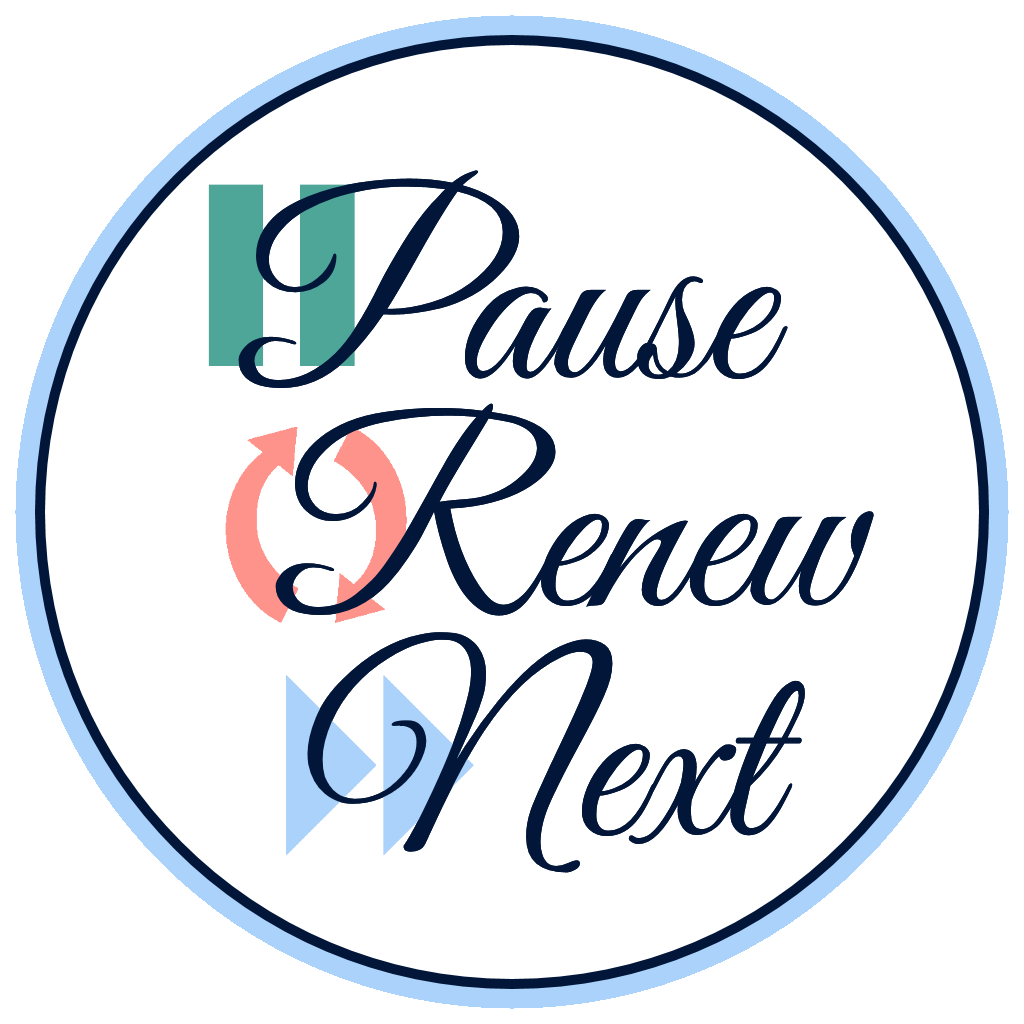Have you ever observed a toddler throwing a tantrum, or an adolescent having a meltdown? If so, you can probably attest to the fact that the child had wild eyes throughout the meltdown. When our bodies are under stress and undergo the fight or flight response, our senses are heightened. This affects the eyes, as they are preparing to take in any important visual cues.
For the most part, this response is beneficial. Imagine you are walking to your car late at night in a dark parking lot. Your pupils will be dilated, taking in as much light as they can to help you see better. Chances are your eyes will also be scanning the alley, checking for signs of danger. This is a helpful response, as it helps to keep you safe.
What if, however, you are in a crowded restaurant, trying to enjoy dinner with your family, but the crowds and noise are making you anxious. You find it hard to concentrate on the conversation at your table. Instead, you find yourself looking around the restaurant restlessly, scanning the room. In this case, you are not in danger, and your eyes are doing you a disservice by keeping you from focusing on the loved ones at your table.

Because processing visual stimuli takes a lot of mental energy, one way that we can help our brains and bodies calm down in moments of high arousal or stress is to block out some of the distracting visual stimuli. There are two main ways to do this:
- The first is to close our eyes. It’s amazing what a difference closing our eyes can make to our inner state. We are taught to pray with our eyes closed, and in this way we can focus inward, rather than paying attention to what is going on around us.
- The second is a tool called visual anchoring, which is choosing a neutral object to stare at for a short period of time. Using the restaurant example, this might be the menu or a saltshaker at the table. This gives time to refocus the mind and body while purposely keeping the eyes from scanning. This tool is even more effective when paired with deep breathing.
Interestingly, this same anchoring principle can be found in Scripture. In Matthew 14, we find the disciples in a boat, in the middle of the night, being approached by a ghostly form walking on the water. Jesus reassures His disciples that it’s just Him, but, being overwhelmed and terrified, the disciples find it hard to believe. The ever brave and impulsive Peter quickly devises a scheme to test the validity of Jesus’ claim. “Lord, if it is you, command me to come to you on the water.”
“Come,” Jesus replied.
Good enough for Peter, he jumps out of the boat and begins walking toward Jesus. We can imagine at this point that he has anchored his vision onto the Savior. Then, he becomes aware of the wind and fear takes over. I can only imagine his stress response system kicking in as he begins to sink. “Lord, save me,” he cried.
Jesus immediately reached out his hand and took hold of him, saying to him, “O you of little faith, why did you doubt?”
Matthew 14:31 ESV
Just that quickly, Peter was safe.
When we are in danger, our bodies are designed to serve us well, protecting us from danger and rising to challenges. Our eyes are designed to take in more light and scan for danger when we are under stress. Remember that ultimately our fear response can be overridden with calming tools such as visual anchoring. Even more importantly, we can remember that we have a Savior who will never leave us or forsake us, even when it feels like we’re drowning.
Pause: Take a deep breath and exhale. Now would be a great time to practice your new anchoring tool by closing your eyes or fixing your eyes on a neutral object for 20 to 30 seconds. When you feel calm and ready, read Matthew 14: 22 – 33.
Renew: Think about a time in the last month that you felt overwhelmed. What was the trigger that caused you to feel overwhelmed? What helped you to feel more calm?
Next: Both in a spiritual as well as in a physical sense, think about how you can use anchoring the next time you’re feeling stressed or afraid.
May we anchor our eyes on the One who can save us from the wind and waves of life!
Pause, Renew, Next!
